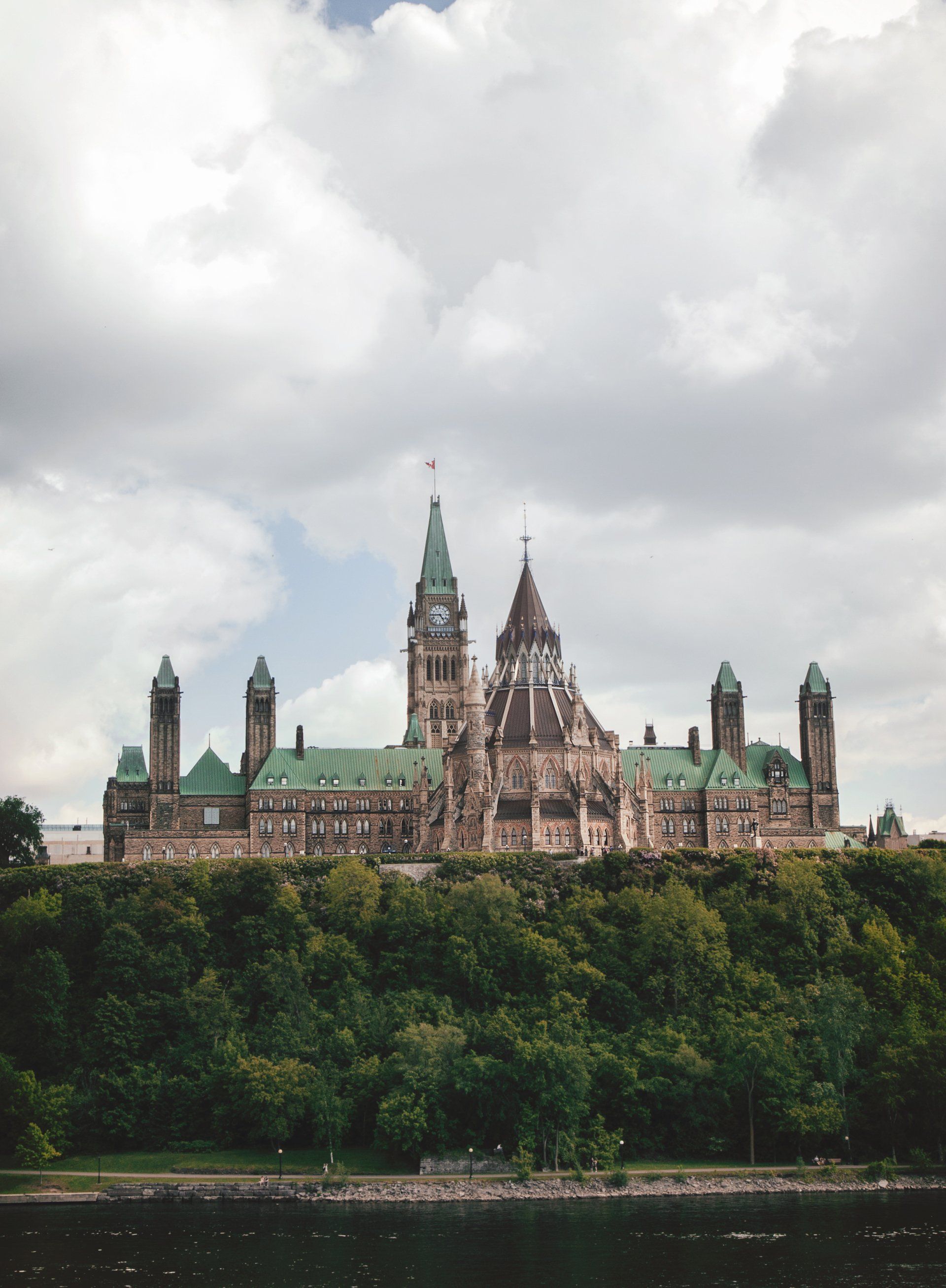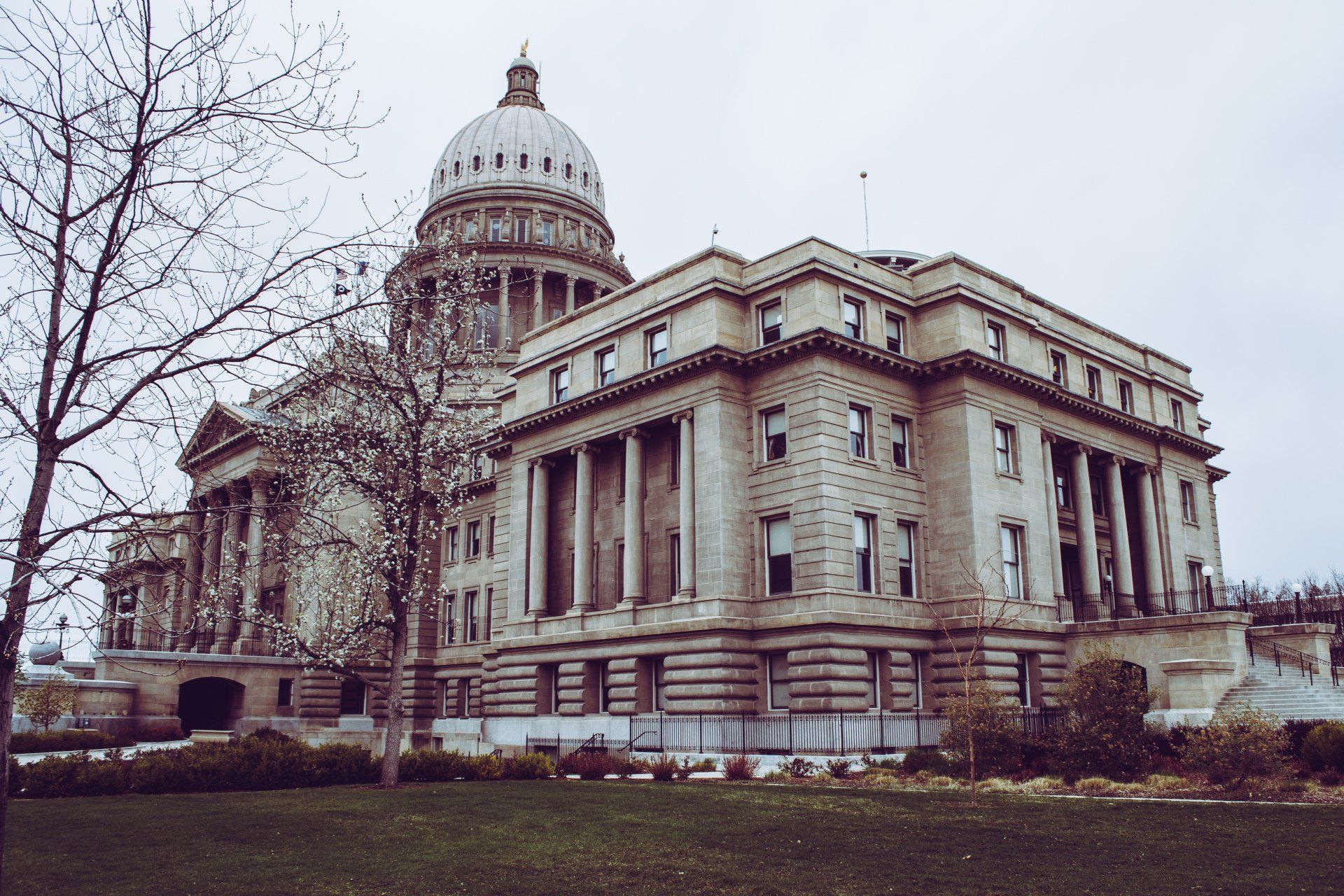Jasmeet Singh on on Pierre Poilievre
Original Claim
Tweet from Singh "Pierre Poilievre is pretending. He doesn’t work for you. When he was in government for 9 years he sold-off 800,000 affordable homes to rich investors. Now, it’s obvious why."
Context
The ongoing affordable housing crisis in Canada is being discussed by politicians as a new housing policy is looming. Recently, leader of the federal Conservative party Pierre Poilievre has come under fire from the federal New Democratic Party (NDP) leader
Jagmeet Singh because of Poilievre’s ties to real estate investors. Poilievre has exclaimed that he is “the solution to Canada’s housing affordability crisis”. However, it was uncovered that major real estate
investors are donors to Poilievre’s Conservative party – with some reaping the benefits of
millions in increased income.
Analysis
Very recently, Trudeau's Liberal government
announced that they will be removing GST on new rental housing developments to encourage affordable home construction. At the same time, Poilievre countered this plan with a private housing bill, the “Building Homes Not Bureaucracy Act”, which will be unveiled to Parliament in the coming week. With this bill, Poilievre states that it will increase the number of homes built by
15 percent a year. On top of that, Poilievre plans to
sell 6,000 federal buildings and thousands of surplus acres of federal land to build more homes.
However, Singh has responded to Poilievre’s claims that he will solve the housing crisis in Canada by revealing that
real estate investors are donating to Pollievre’s campaign. According to Elections Canada data, Avenue Living Real Estate Core Trust donated
$1,900 to the Conservatives in 2022. In the same year, managed assets grew by
48% to $4.6 billion.
Additionally, Poilievre also “sold-off 800,000 affordable homes” over the past 9 years to “rich investors”. An example of this was seen in
Vancouver, where Forum Asset Management who donated
$7,875 to the federal Conservative party, turned a single room occupancy hotel that housed people at shelter rates, to micro suites for
$2,000 a month. Before the units were converted, tenants were offered
$15,000 to leave by Forum Asset Management.
Advocacy groups and housing experts have
cited that the “financialization of housing” and raising rental rates are caused by real estate investment trusts (REITs) – the exact organizations that have donated to Poilievre’s Conservative party. REITs typically buy up affordable housing that’s deemed “undervalued”, like the former hotel in downtown Vancouver, and are transformed into high-end rentals by
displacing low-rent-paying tenants.
Singh’s NDP solutions to the housing crisis involve tackling
mortgage interest rates, increasing housing supply through a
cost-share initiative with provinces and territories, and tabling a bill that focuses on tamping down
corporate powers through Canada’s Competition Bureau. When Parliament resumes, Singh will be unveiling the “Lowering Prices for Canadians Act”, to better protect Canadians from “bad corporate behaviour”, such as price fixing and price gouging.
Sources


